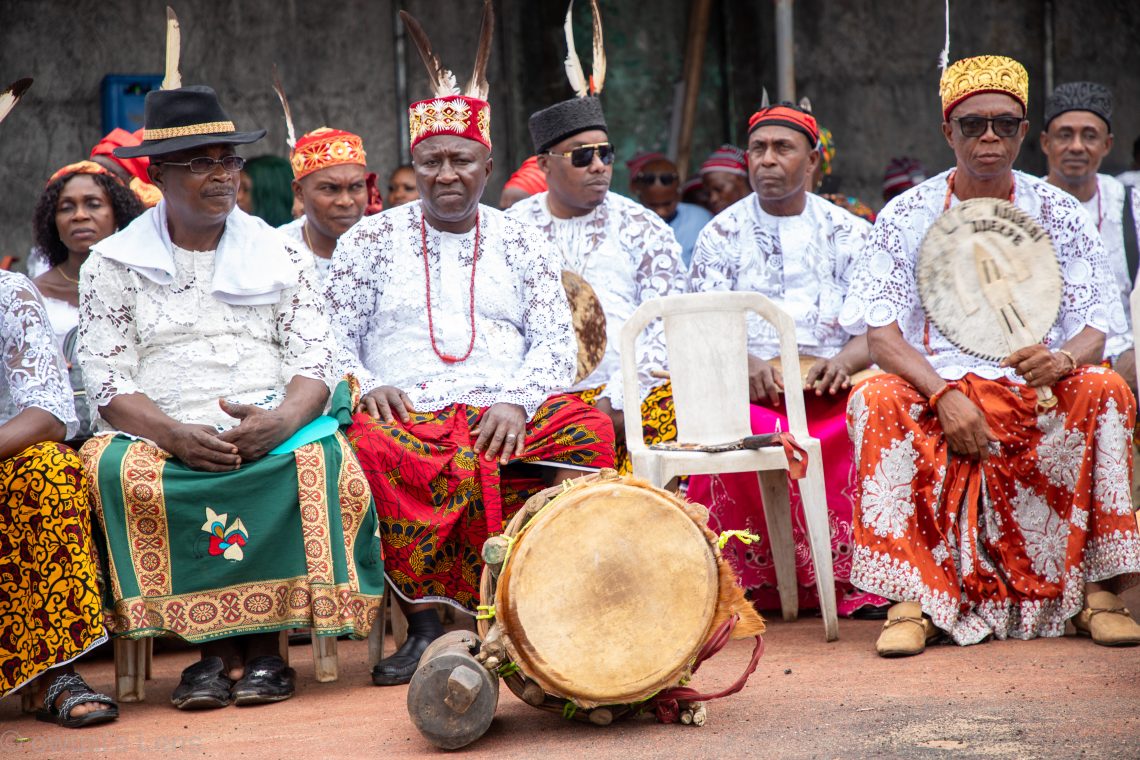Language extinction in Africa
====================================================================
Africa, the world’s second-largest continent, is home to over 2,000 languages, representing approximately 30% of the world’s languages. However, despite this rich linguistic diversity, Africa’s languages are facing an unprecedented threat. Many of these languages are endangered, with some facing the very real possibility of extinction.
The Alarming Rate of Language Loss
——————————————
According to UNESCO, every 14 days, a language disappears. In Africa, the rate of language loss is even more alarming. It’s estimated that up to 50% of Africa’s languages may disappear in the next 50 years.
The Causes of Language Endangerment
——————————————–
So, what’s driving this silent extinction? Several factors contribute to the endangerment of Africa’s languages:
-
Globalization and Urbanization: As people move to cities, they often abandon their traditional languages in favor of more widely spoken languages like English, French, or Arabic.
-
Colonial Legacy: The legacy of colonialism has had a profound impact on Africa’s languages. Many colonial powers imposed their languages on African colonies, suppressing indigenous languages.
-
Lack of Documentation and Support: Many African languages lack written forms, making it difficult to document and preserve them. Additionally, many governments and institutions fail to provide adequate support for language preservation efforts.
The Consequences of Language Loss
——————————————
The loss of Africa’s languages has far-reaching consequences:
-
Cultural Erosion: Language is a critical component of culture. When a language disappears, a community’s cultural heritage is lost forever.
-
Loss of Traditional Knowledge: Many African languages contain traditional knowledge and wisdom passed down through generations. When these languages disappear, this knowledge is lost.
-
Decreased Economic Opportunities: Language is a critical factor in economic development. When communities lose their languages, they may also lose access to economic opportunities.
The Solution: Preserving Africa’s Linguistic Heritage
—————————————————————-
So, what can be done to preserve Africa’s languages?
-
Documentation and Archiving: Efforts should be made to document and archive Africa’s languages, including the creation of written forms and language learning materials.
-
Language Education and Revitalization: Language education programs should be established to teach and promote endangered languages.
-
Community Engagement and Participation: Language preservation efforts should involve community engagement and participation, ensuring that local communities are invested in preserving their languages.
-
Government Support and Policy: Governments should provide support and policy frameworks that promote language preservation and linguistic diversity.
Conclusion
———-
The loss of Africa’s languages is a tragedy that can be prevented. By acknowledging the importance of linguistic diversity and taking concrete steps to preserve Africa’s languages, we can ensure that these vital components of African culture and identity continue to thrive for generations to come.
Language extinction in Africa







